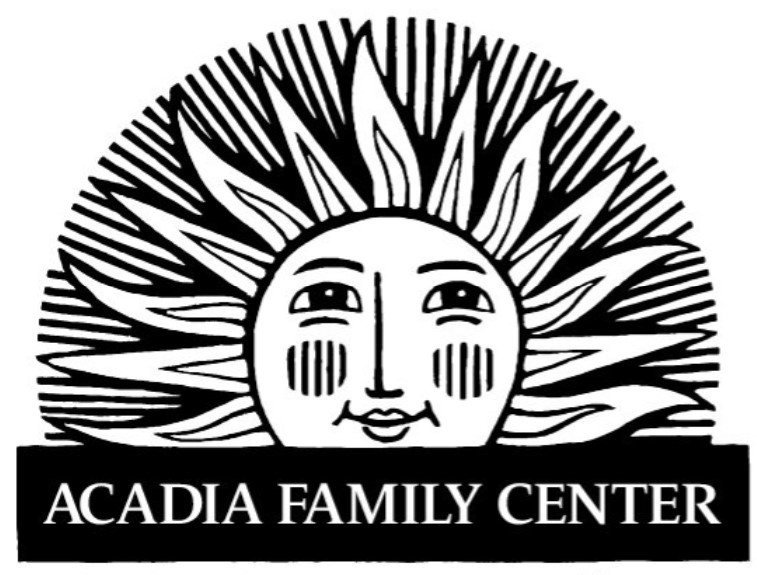Limited Availability: Treatment beds filling quickly. Call now for immediate placement – (844) 561-0606
Explore a comprehensive guide to 5 inpatient, 9 outpatient, and 4 detox centers across Maine. Compare costs, reviews, and treatment options to find the perfect rehab facility for your needs.

A New PhilosophyA New Philosophy in Albion, ME, offers innovative recovery services for individuals seeking healing from substance use and mental health challenges. This transformative center provides a range of programs, including individualized therapy, group support, and holistic approaches designed to promote personal growth and resilience. With a focus on creating a supportive and nurturing environment, A New Philosophy empowers clients to explore new perspectives and achieve lasting recovery. Discover the unique resources available at A New Philosophy to support you or a loved one on the journey to a healthier future. 507 South Freedom Road, Albion, Maine, 04910 | Levels of Care:outpatient Payment Options:Self-Pay Options | |||
 | Acadia Family CenterAcadia Family Center in Southwest Harbor, ME, is dedicated to providing family-focused mental health services that support individuals and their loved ones facing emotional and behavioral challenges. The center offers a range of programs, including counseling, therapy, and community support tailored to meet the unique needs of families. With a compassionate and skilled team, Acadia Family Center fosters a welcoming environment that encourages healing, resilience, and connection. Explore the valuable resources available at Acadia Family Center to help you and your family thrive. 1 Fernald Point Road, P.O. Box 807, Southwest Harbor, ME 04679 | Levels of Care:Detoxoutpatient Payment Options:MedicaidPrivate insuranceSelf-Pay OptionsFinancial AidMilitary Insurance | ||
Acadia HospitalAcadia Hospital | Payment Options:Medicaid | |||
Across The River Counseling and WellnessAcross The River Counseling and Wellness | Payment Options:Medicaid | |||
AlliesAllies | Payment Options:Medicaid | |||
AMHC - Calais OutpatientAMHC - Calais Outpatient | Payment Options:Medicaid | |||
AMHC - Caribou OutpatientAMHC - Caribou Outpatient | Payment Options:Self-pay options | |||
AMHC - Downeast Treatment CenterAMHC - Downeast Treatment Center | Payment Options:Medicaid | |||
AMHC - Ellsworth OutpatientAMHC - Ellsworth Outpatient | Payment Options:Medicaid | |||
AMHC - Fort Kent OutpatientAMHC - Fort Kent Outpatient | Payment Options:Medicaid | |||
AMHC - Houlton OutpatientAMHC - Houlton Outpatient | Payment Options:Medicaid | |||
AMHC - Madawaska OutpatientAMHC - Madawaska Outpatient | Payment Options:Medicaid | |||
AMHC - Presque Isle OutpatientAMHC - Presque Isle Outpatient | Payment Options:Medicaid | |||
AMHC - Residential Treatment Facility - RTFAMHC - Residential Treatment Facility - RTF | Payment Options:Medicaid | |||
AMHC - SkyhavenAMHC - Skyhaven | Payment Options:Medicaid | |||
AMHC – Adult Crisis Stabilization Unit - ACSUAMHC – Adult Crisis Stabilization Unit - ACSU | Payment Options:Medicaid | |||
Aroostook Mental Health Center - Fort Kent Outpatient OfficeAroostook Mental Health Center - Fort Kent Outpatient Office | Payment Options:Medicaid | |||
Aroostook Mental Health Center - Residential Treatment FacilityAroostook Mental Health Center - Residential Treatment Facility | Payment Options:Medicaid | |||
Aroostook Mental Health ServicesAroostook Mental Health Services | Payment Options:Medicaid | |||
Ascentria Care Alliance - Mental HealthAscentria Care Alliance - Mental Health | Payment Options:Medicaid |
Find Maine drug rehabs in cities near you or sort by letter.
For anyone seeking help for addiction for themselves or a loved one calls to Addiction Helpline America are completely confidential and available 24/7.
Please note: any treatment center listed on our site that receives calls is a paid advertiser.
Calls to a specific treatment center’s listing will be connected directly to that center.
Calls to our general helpline will be answered by treatment providers, all of whom are paid advertisers.
By calling the helpline, you agree to our terms and conditions. These calls are free of charge and carry no obligation to enter treatment. Neither Sober Steps nor anyone answering your call receives a commission or fee based on your choice of treatment provider.
If you’d like to explore additional treatment options or connect with a specific rehab center, you can browse our top-rated listings, visit our homepage, or call us at (844) 561-0606. You may also contact us for further assistance.
Calls to any general helpline will be answered or returned by one of the treatment providers listed, each of which is a paid advertiser:
Our helpline is available 24 hours a day, 7 days a week at no cost to you and with no obligation for you to enter into treatment. We are committed to providing support and guidance whenever you need it.
In some cases, Addiction Helpline America charges our verified partner a modest cost per call. This fee helps us cover the costs of building and maintaining our website, ensuring that we can continue to offer this valuable service to those in need.